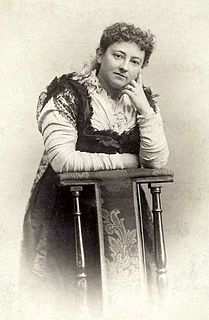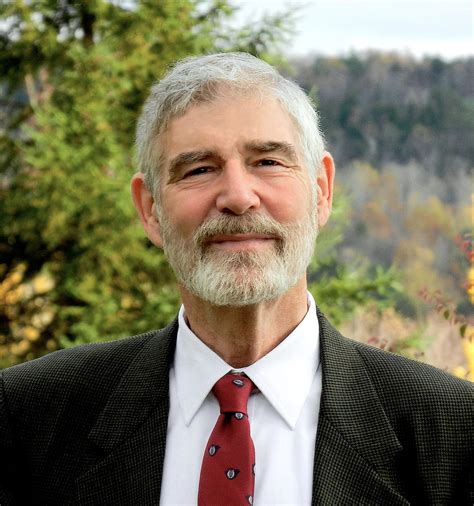A Quote by Jose Rizal
But because their ancestors were men of righteousness, shall we consent to the abuses of their degenerate descendants? Because they did us a great good, would we be guilty if we prevented them from doing us evil?
Related Quotes
Great and good men and women stirred sugar into their coffee knowing that it had been picked by slaves. Kind, good ancestors of all of us never questioned hangings, burnings, tortures, inequality, suffering and injustice that today revolt us. If we dare to presume to damn them with our fleeting ideas of morality, then we risk damnation from our descendants for whatever it is that we are doing that future history will judge as intolerable and wicked: eating meat, driving cars, appearing on TV, visiting zoos, who knows?
He that doth righteousness; that is, righteousness which the gospel calleth so, is righteous; that is, precedent to, or before he doth that righteousness. For he doth not say, he shall make his person righteous by acts of righteousness that he shall do; for then an evil tree may bear good fruit, yea, and make itself good by doing so; but he saith, He that doth righteousness is righteous; as he saith, He that doth righteousness is born of him.
When we build ... let it not be for present delights nor for present use alone. Let it be such work as our descendants will thank us for, and let us think ... that a time is to come when these stones will be held sacred because our hands have touched them, and that men will say as they look upon the labor, and the wrought substance of them, See! This our fathers did for us!
A good end cannot sanctify evil means; nor must we ever do evil, that good may come of it... It is as great presumption to send our passions upon God's errands, as to palliate them with God's name... We are too ready to retailiate, rather than forgive, or gain by love and information. And yet we could hurt no man that we believe loves us. Let us try then what Love will do: for if men did once see we love them, we should soon find they would not harm us. Force may subdue, but Love gains: and he that forgives first, wins the laurel.
There is just as much evil in all of us as there is good. We're all continuously guilty, even if we're not doing it intentionally to be evil. Here we are sitting in luxury hotels, living it up on the the backs of others in the third world. We all have a guilty conscience, but we do very little about it.
Yet, after all, faith is not our righteousness. It is accounted to us in order to righteousness (Rom 4:5, GREEK), but not as righteousness; for in that case it would be a work like any other doing of man, and as such would be incompatible with the righteousness of the Son of God; the righteousness which is by faith. Faith connects us with the righteousness, and is therefore totally distinct from it. To confound the one with the other is to subvert the whole gospel of the grace of God. Our act of faith must ever be a separate thing from that which we believe.
Death is not an evil, because it frees us from all evils, and while it takes away good things, it takes away also the desire for them. Old age is the supreme evil, because it deprives us of all pleasures, leaving us only the appetite for them, and it brings with it all sufferings. Nevertheless, we fear death, and we desire old age.
To then say that our own actions in combating evil have led to evil, is nothing more than saying, "Islamic terrorists are somewhat justified, at least we can understand why they hate us because we've done things to make them hate us. ... We have been evil ourselves, and we are evil and that justifies them being evil."
The rifle itself has no moral stature, since it has no will of its own. Naturally, it may be used by evil men for evil purposes, but there are more good men than evil, and while the latter cannot be persuaded to the path of righteousness by propaganda, they can certainly be corrected by good men with rifles.
A good end cannot sanctify evil means; nor must we ever do evil that good may come of it. We are too ready to retaliate, rather than forgive, or gain by love and information. And yet we could hurt no man that we believe loves us. Let us, then, try what love will do: for if men do once see that we love them, we should soon find they would not harm us. Force may subdue, but love gains; and he that forgives first, wins the laurel.





































